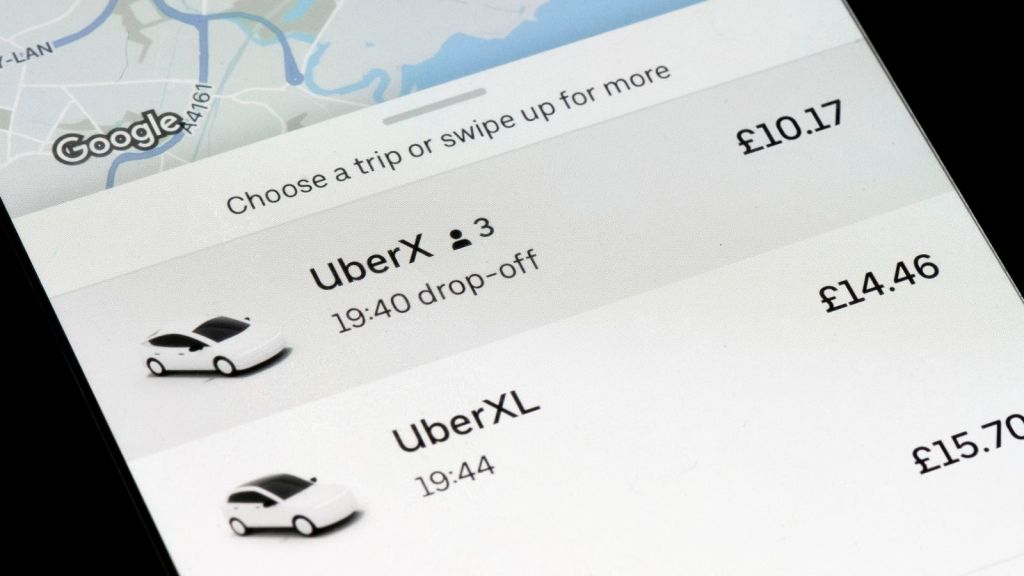Uber agreed to officially recognize one of the United Kingdom’s largest trade unions on Wednesday, paving the way for collective negotiations regarding pensions, sick pay, and account deactivations with the ride-hailing giant. The deal covers Uber drivers, but excludes Uber Eats couriers.
The deal between GMB, a general trade union with over 600,000 members, and Uber has been met with both praise and skepticism from labor experts and activists.
Videos by VICE
The move comes months after the U.K.’s Supreme Court ruled in February that Uber drivers are in fact workers, not self-employed contractors. After initially arguing that the ruling only applied to a select few drivers, Uber later changed course in March, stating that it would treat drivers as workers.
It is important to note that while Uber drivers in the U.K. are classified as workers—meaning they are entitled to rights such as the national minimum wage and holiday pay—they do not actually have employment status. In the U.K., employment status comes with, among other things, protections against unfair dismissal.
In a joint statement from GMB and Uber sent to Motherboard, the two parties described the agreement as a “groundbreaking” step forward for drivers’ rights and protections.
“Uber is the only major private hire operator to offer these protections, and no other operator has followed this move,” the statement reads. “Today, the protection of drivers will be advanced even further as Uber and GMB pledge to come together to improve the future of platform work.”
“When tech private hire companies and unions work together like this, everyone benefits – bringing dignified, secure employment back to the world of work,” Mick Rix, National Officer at GMB, added. “We now call on all other operators to follow suit.”
But not everybody has reacted to the agreement with enthusiasm.
In a statement, the App Drivers & Couriers Union—which originally brought Uber to the Supreme Court—said it was not prepared to enter into an agreement with Uber, describing the news as a “welcome development,” but also urging caution.
Uber has continued to selectively apply the Supreme Court’s judgement, the ADCU argued, pointing out that while Uber did agree to pay riders minimum wage, it only does so during trips— not in between them. Much of drivers’ time is actually spent driving between customers or waiting around for a new trip to come in, time which isn’t paid or factored into many estimates of wages earned by gig workers.
“At this time ADCU is not prepared to enter into a recognition agreement with Uber,” the union wrote. “This is because Uber continues to violate basic employment law such as the right to minimum wage for all working time and holiday pay despite the recent UK Supreme Court ruling in our favour.”
The ADCU also pointed to anti-union behavior from Uber in the United States, even as the company seeks to strike similar deals that fall short of employment status. Last year, the company spent millions of dollars on Proposition 22 in California to prevent having to classify its drivers as workers. Labor groups including the ADCU have accused the company of engaging in similar tactics in New York and elsewhere, including in Canada.
Uber’s agreement with GMB comes amidst increased lobbying efforts across Europe for Prop 22-style legislation seen by many as an attempt to move public discourse away from the worker status debate as the European Union mulls possible reforms for the gig economy.
More
From VICE
-

Photo: GK Hart/Vikki Hart / Getty Images -

Photo: ESA -

Screenshot: Jarrad Nolan / ATSB


